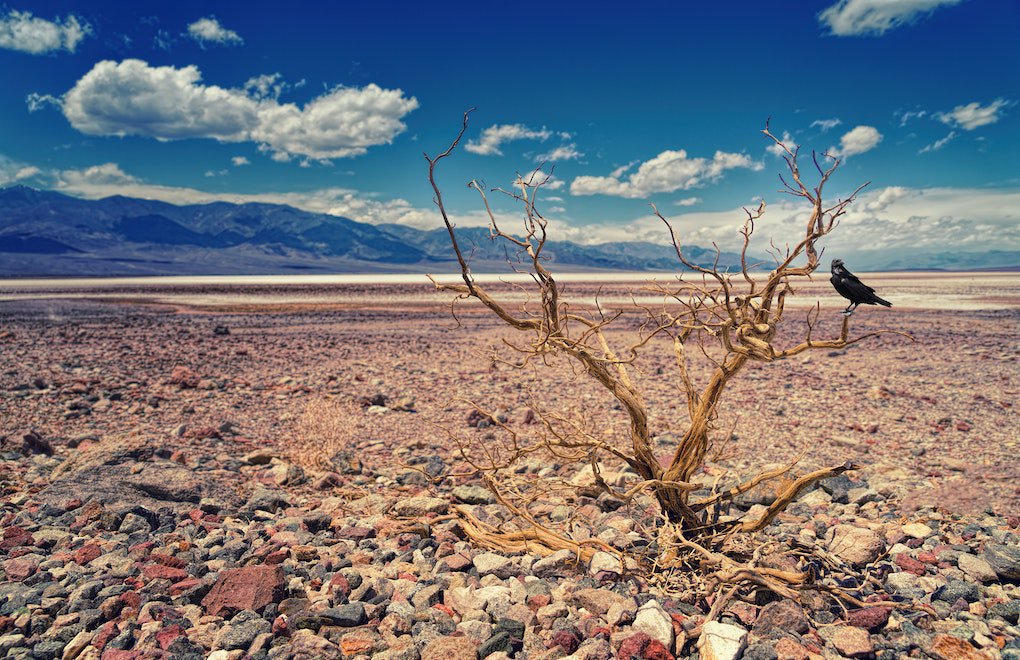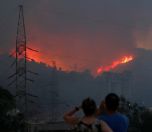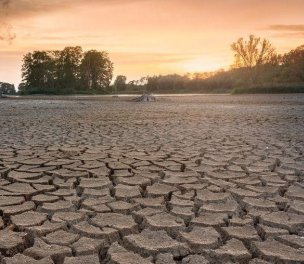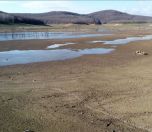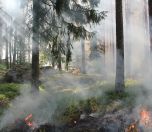Photo: Pexels
Click to read the article in Turkish
This year was the driest year in Turkey in the last 20 years and the second-driest year in the last 41 years, a new report by the State Meteorological Service (MGM) has revealed.
While the average precipitation in a water year was 574 millimeters for many years, it was 465.5 millimeters in 2021.
The regions of Eastern Black Sea, Eastern Anatolia and Southeastern Anatolia, as well as Southern Aegean and Aksaray province were "extremely dry," the MGM maps show.
Eastern Anatolia was "extremely dry" in the first half of the year and "severely dry" in the second half. The country's east was "severely dry" throughout the year, except for the provinces of Iğdır and Kars.
Precipitation decreased by 32 percent in Eastern Anatolia and 39 percent in Southeastern Anatolia, which affected agriculture and animal husbandry.
Precipitation in the Euphrates-Tigris Basin and the Lake Van Basin was at the lowest level in the last 90 years.
NOTE: Due to high temperatures and low precipitation in the summer, many wildfires erupted in Hakkari, Bitlis, Bingöl and Dersim. The water level in the dams and lakes in the region significantly dropped and the Cilo Glaciers in Hakkari melted at an unprecedented rate in the summer.
Agriculture and animal husbandry
The main reason for higher temperatures and lower precipitation was the climate crisis, Asst. Prof. Onu Şatır from Van Yüzüncü Yıl University told İklim Haber news site.
"We are entering a period in which the glaciers will melt, the waters will rise, and the warming will continue," said Şatır. "We observe that the temperatures increase or decrease between 0.8 and 1 degree every 150 years. Of course, these trends are not sudden, there is a regular transition. When it's slow, natural adaptation gets easier. There is a rapid transition right now."
Because of low precipitation, the productivity in agriculture was at the lowest level in recent years, said Şatır. "For example, the wheat productivity was 100-150 kilograms per acre, whereas it dropped much below 100 kilograms this year.
"Also, the situation with animal feed has become riskier. People will not be able to feed their livestock and the prices of animal products will increase."
To use water more efficiently, traditional irrigation methods should be replaced with drip irrigation and forest areas should be enlarged to overcome the problems, he said. (TP/VK)




